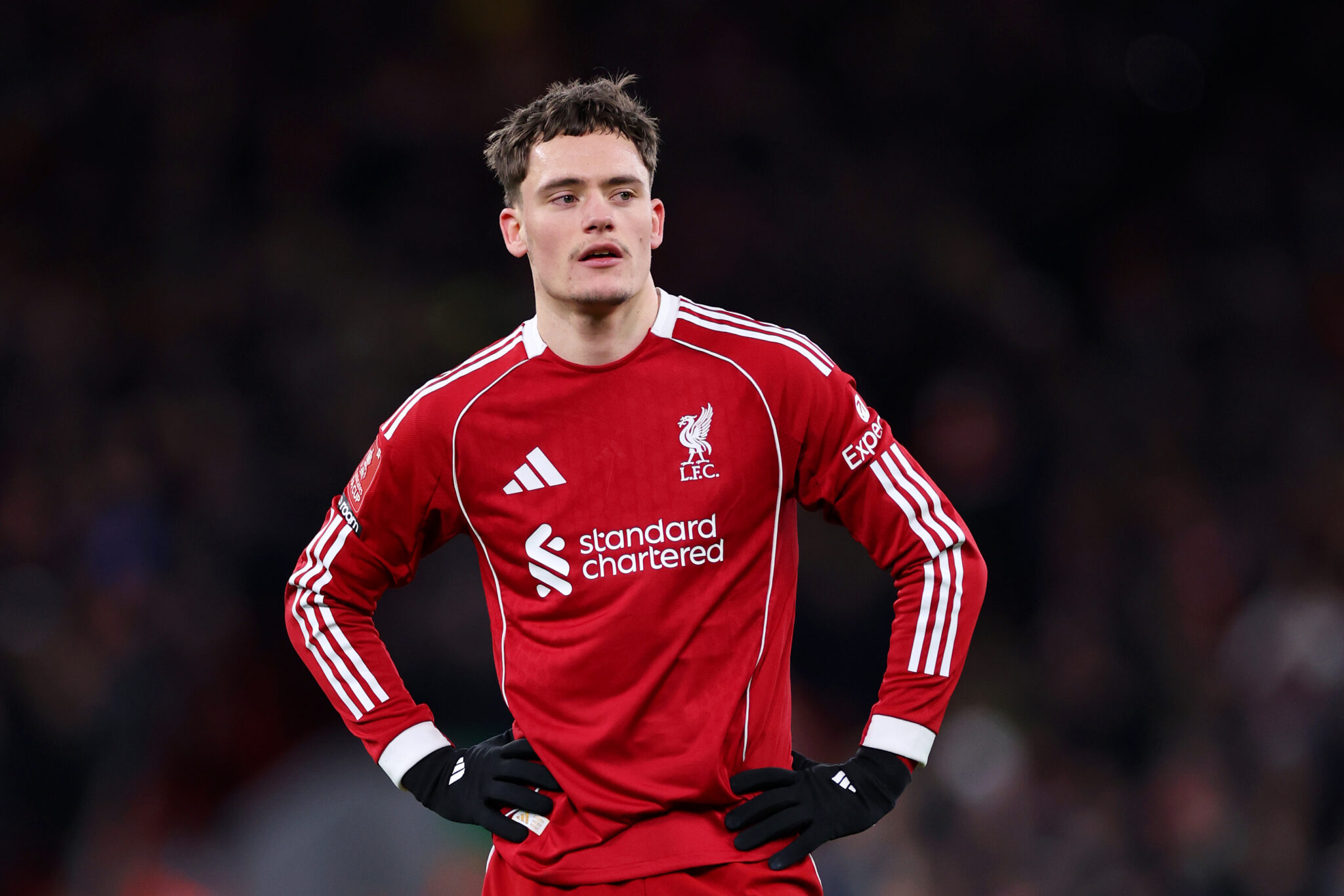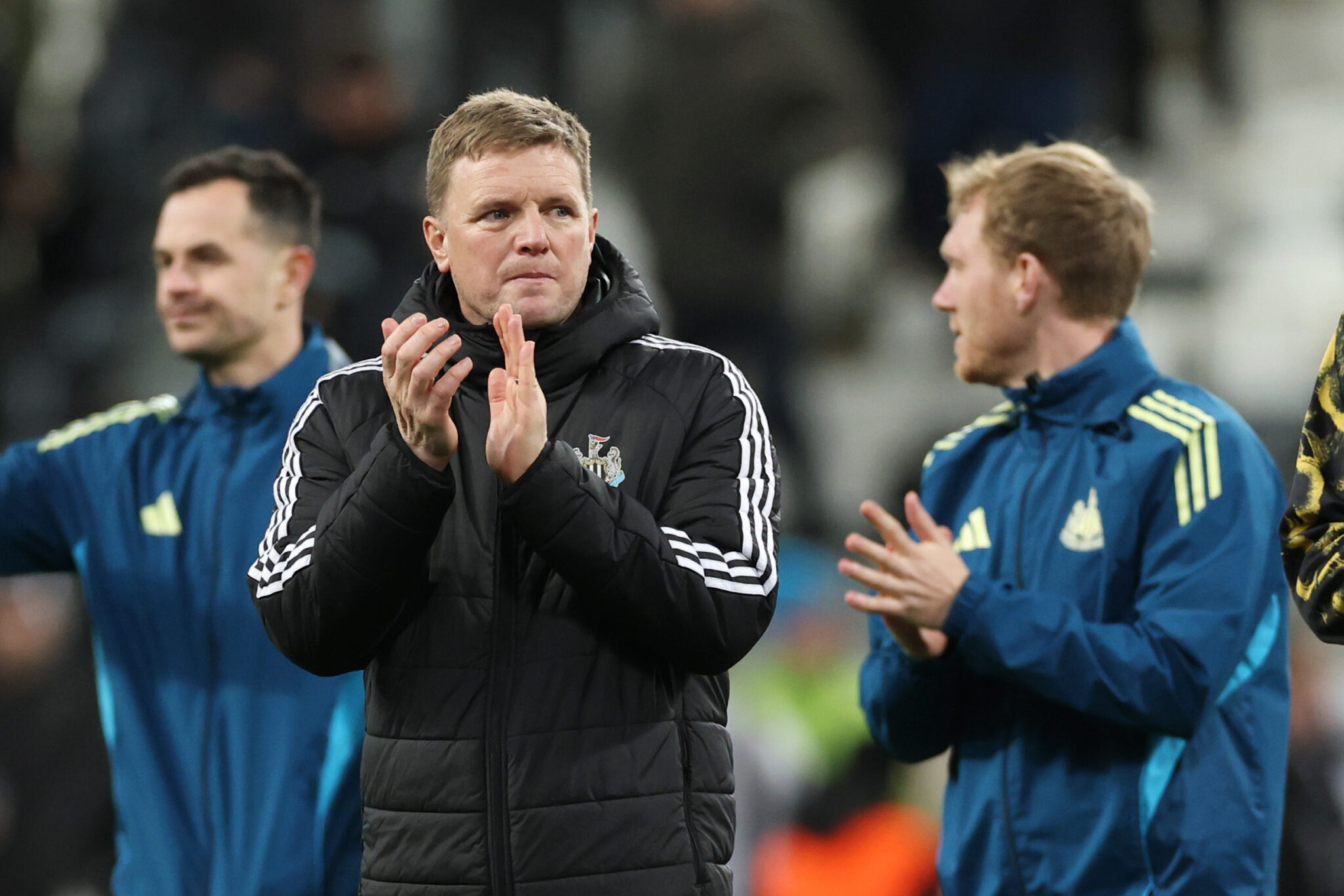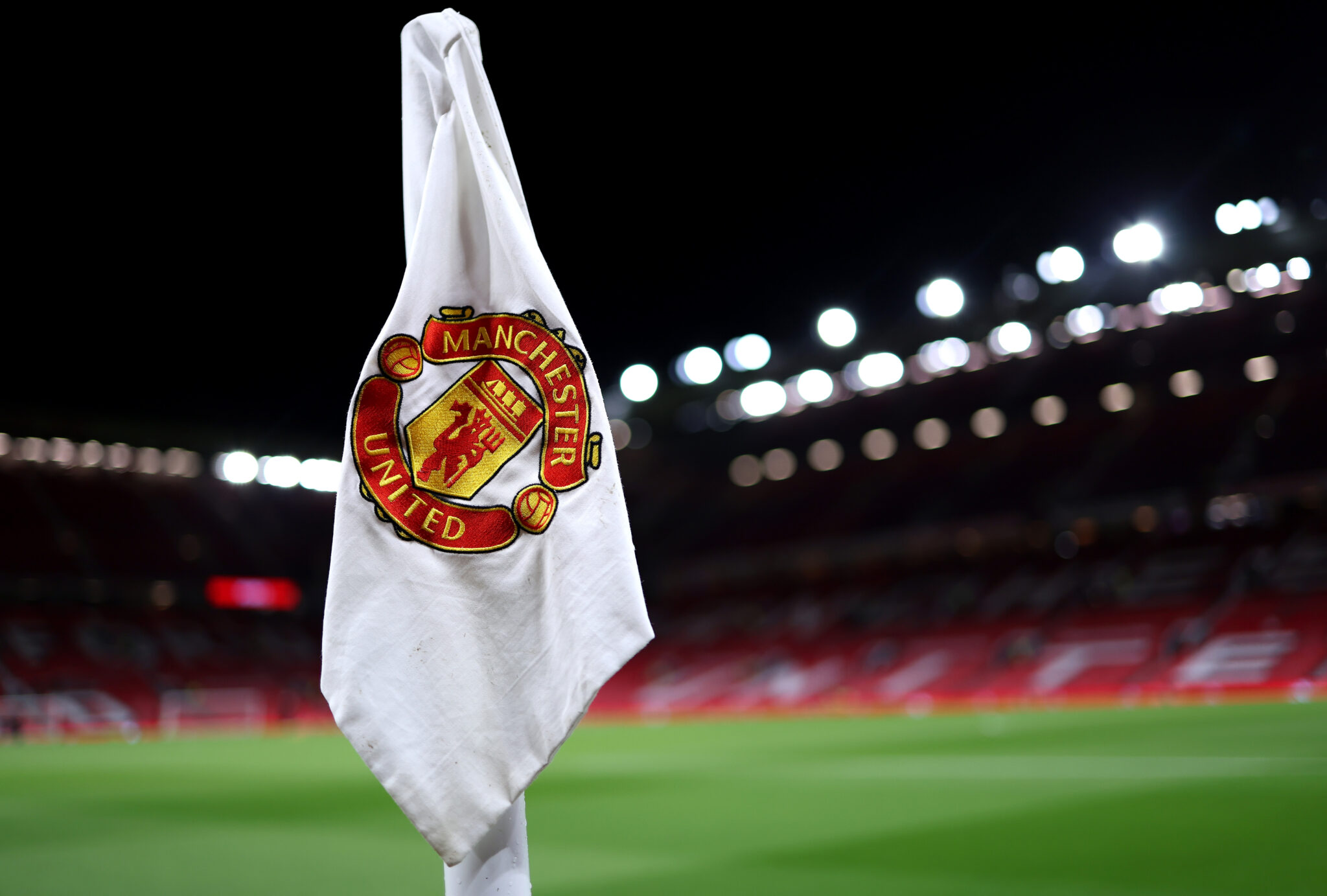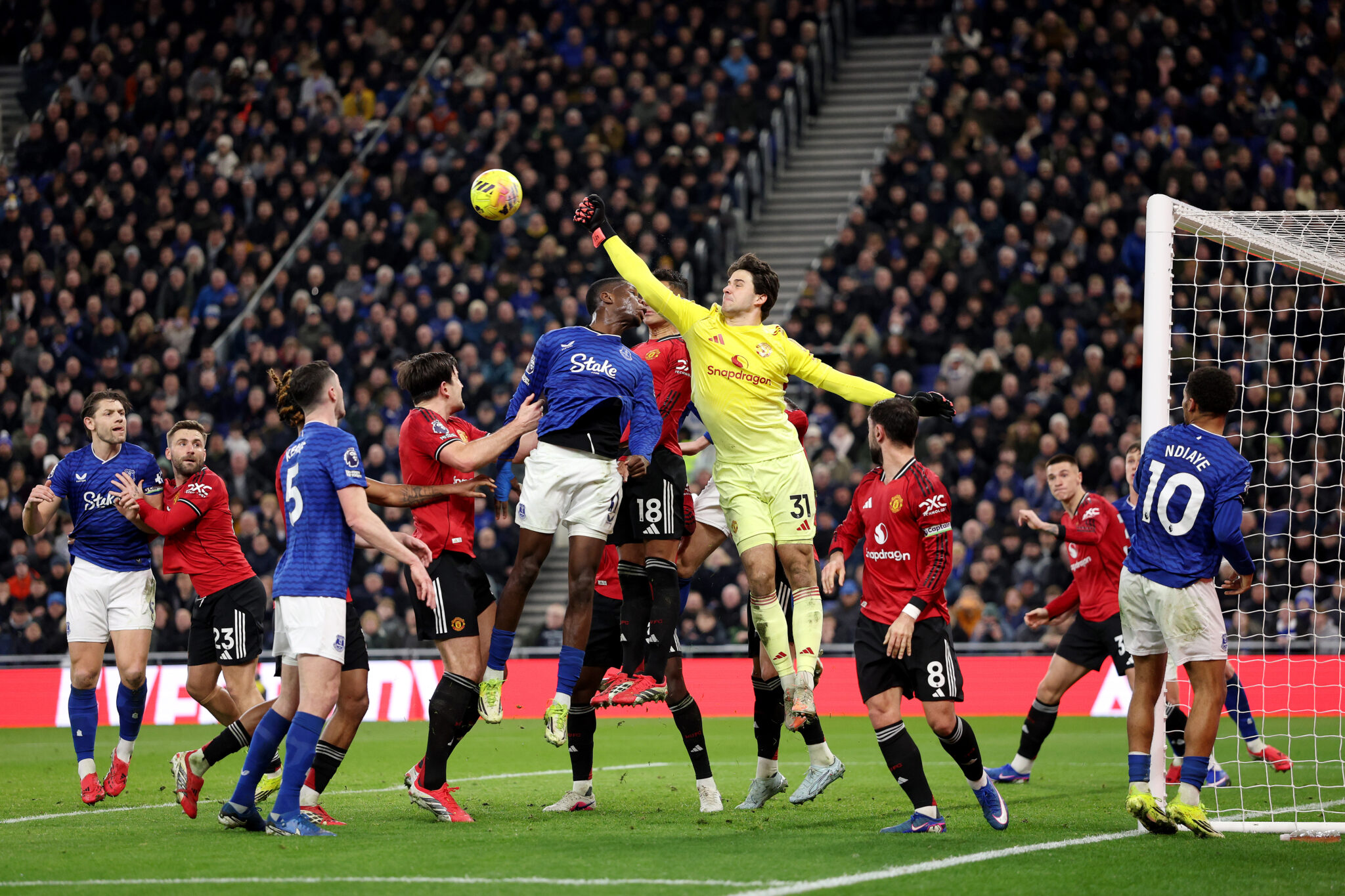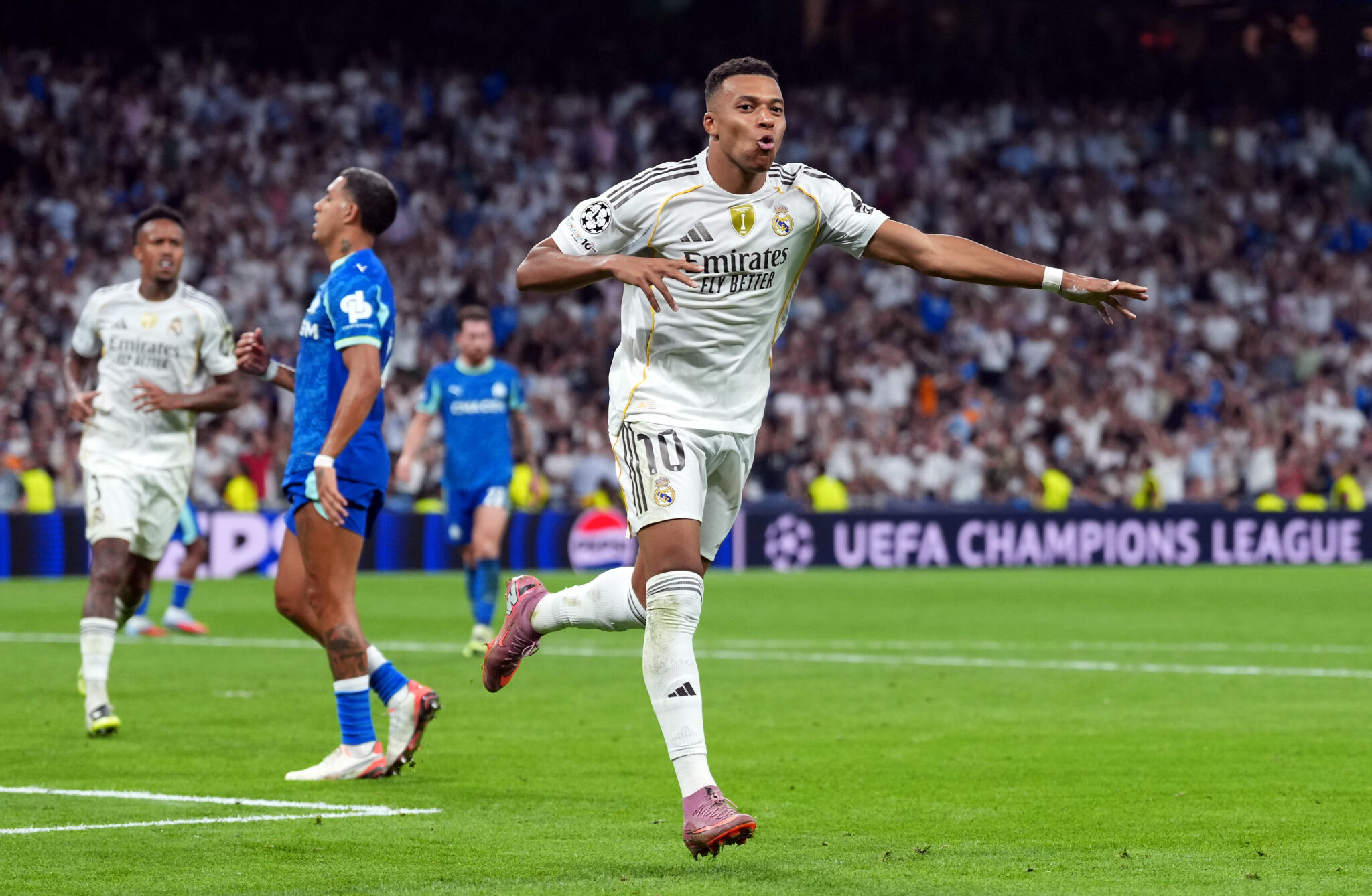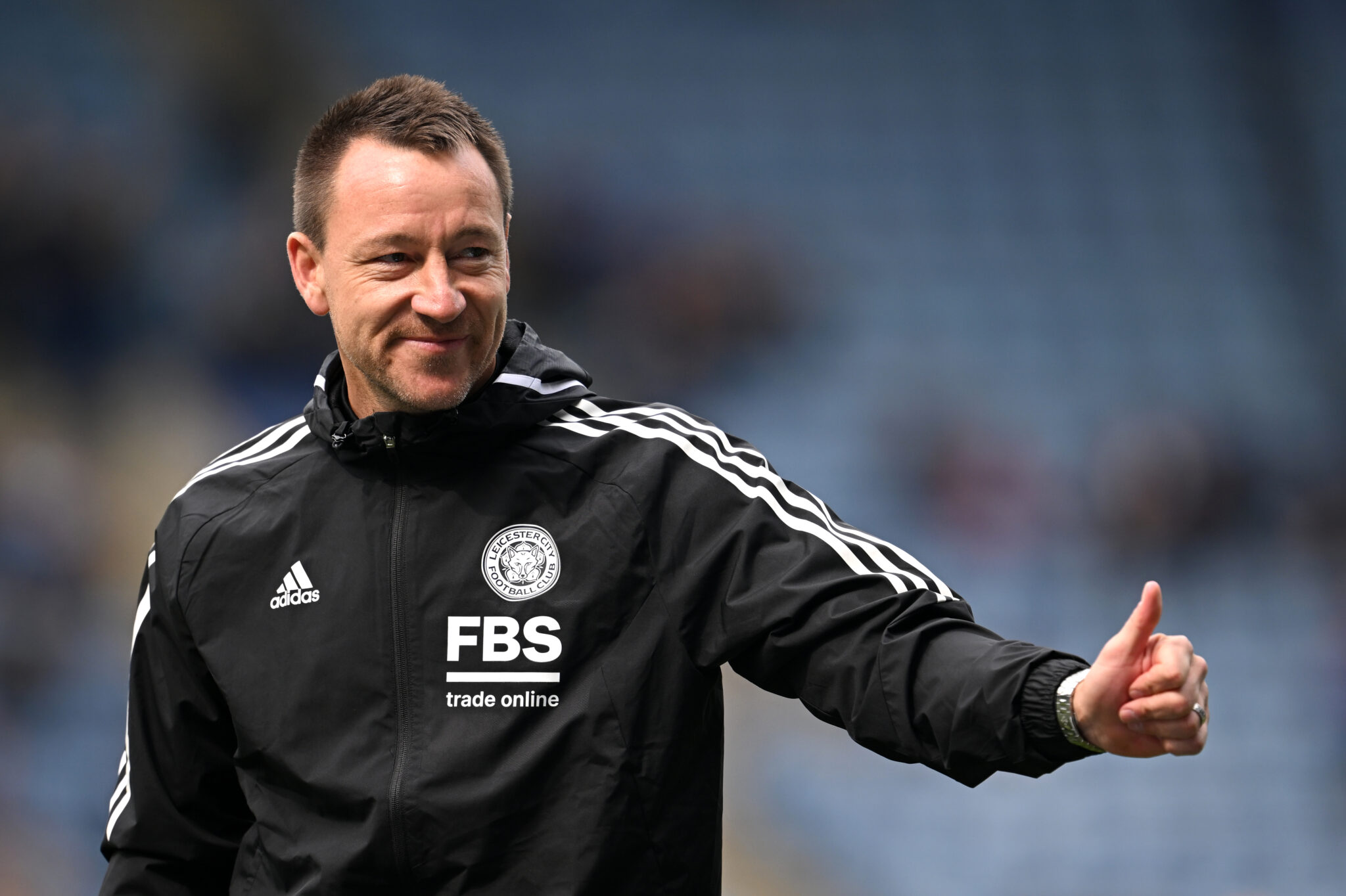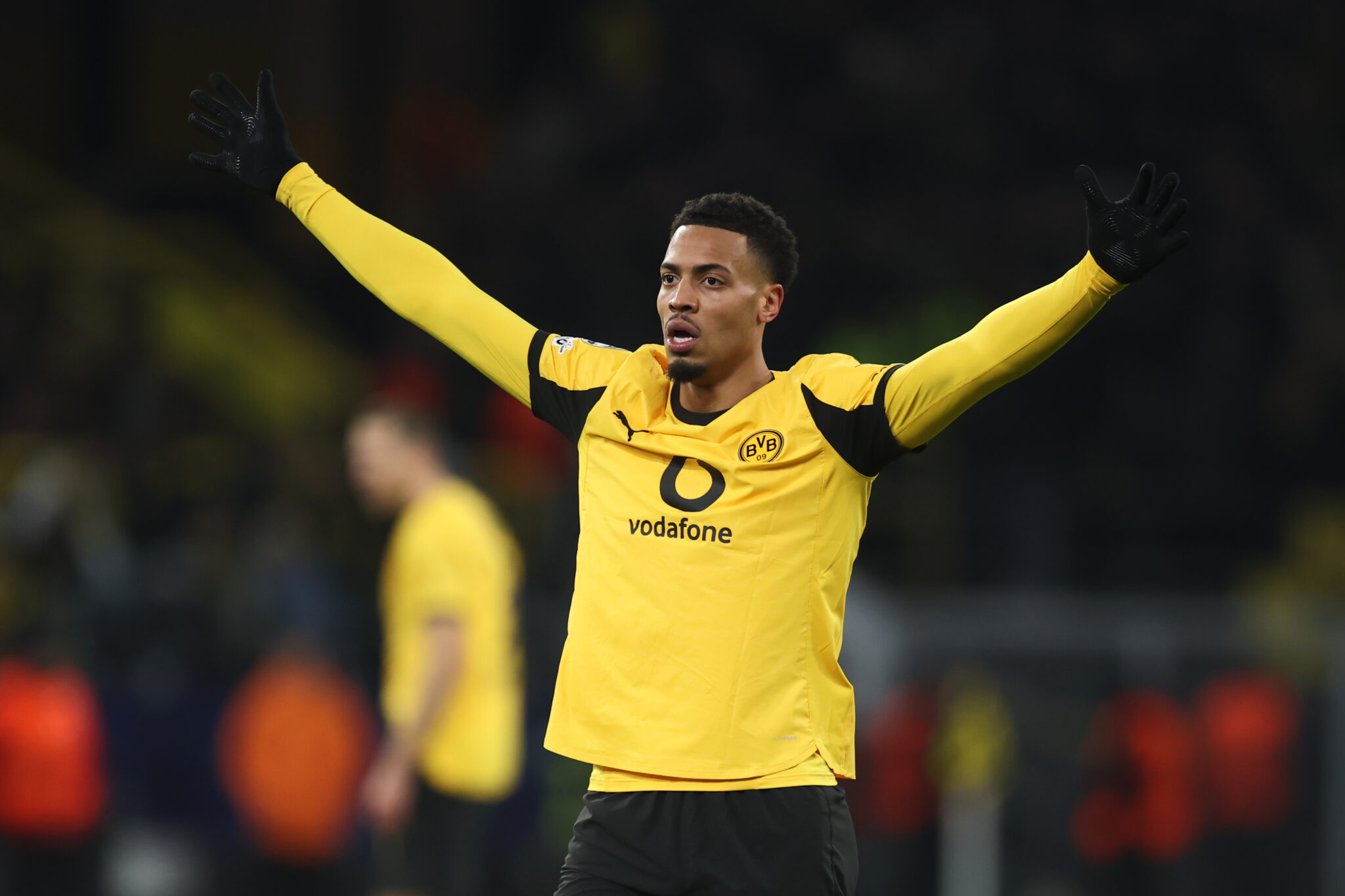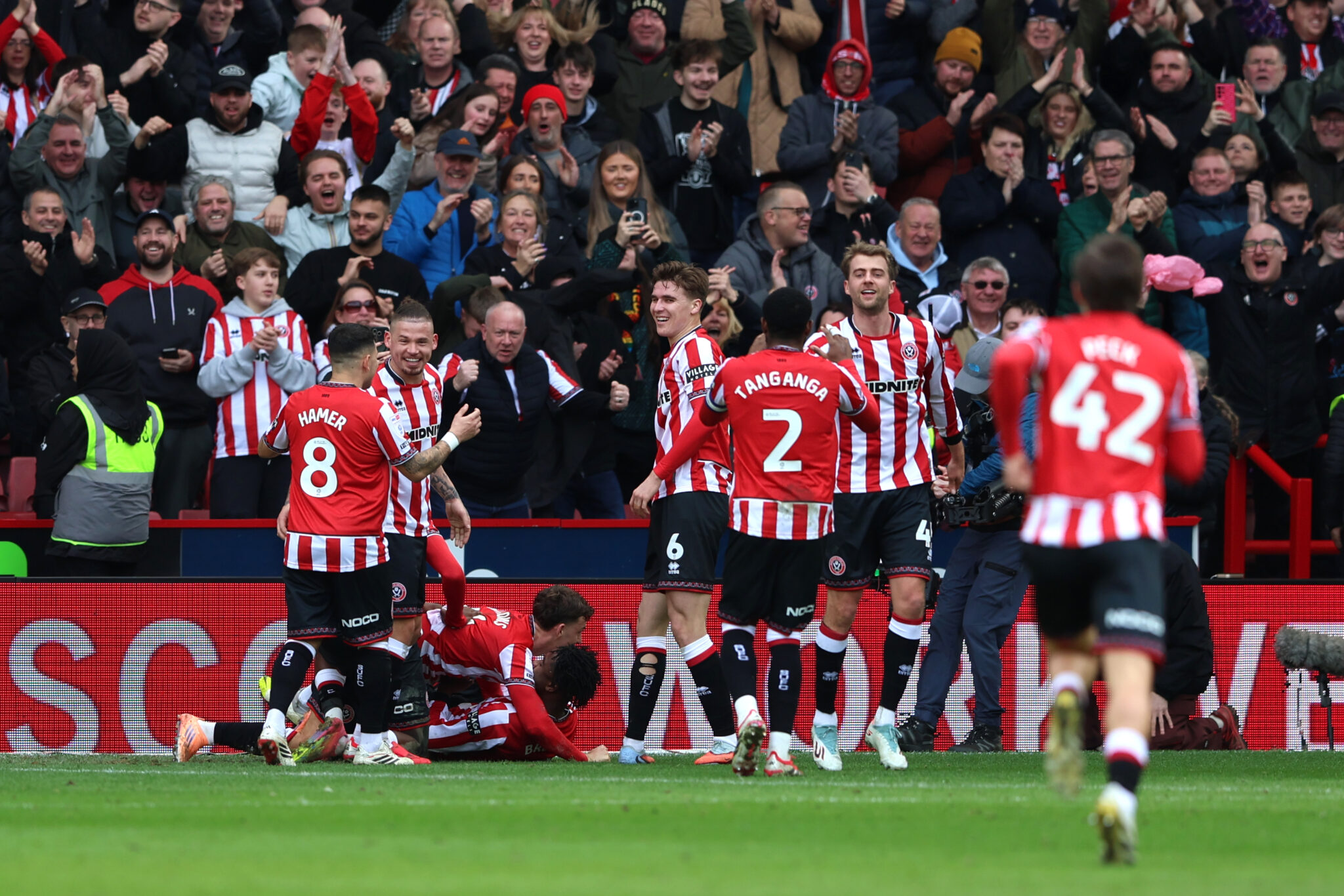The 2025 UEFA Super Cup clash between Paris Saint-Germain and Tottenham Hotspur was marked by a powerful and unified call for peace, as fans, children, and even UEFA itself displayed banners with the message, “Stop killing children, stop killing civilians.” The poignant demonstration turned the high-stakes football match into a significant platform for humanitarian advocacy.
The scene at Udine’s Bluenergy Stadium was unforgettable. Throughout the thrilling encounter, supporters from both sides held up banners, turning sections of the stands into a canvas for their urgent plea. The most moving element was the participation of children, whose simple, direct messages resonated deeply. In a notable move, UEFA supported the sentiment with its own official banner, adding institutional weight to the grassroots call to end violence against non-combatants.
This public display of unity has intensified the ongoing conversation surrounding UEFA’s policies on sanctioning nations involved in conflicts. The organization’s support for the message at the Super Cup is seen by some as a step forward, yet it also highlights perceived inconsistencies. Observers point to complex situations, such as the related legal challenges involving clubs like Crystal Palace, as evidence of a need for a more uniform and transparent application of UEFA’s rules regarding international political issues.
While the match on the pitch provided the top-tier football expected from a final between PSG and Spurs, the lasting takeaway from the evening was not the final score. Instead, it was the collective voice of thousands who used the global stage of sport to demand compassion and an end to violence, reminding the world that some causes are bigger than the game itself.
